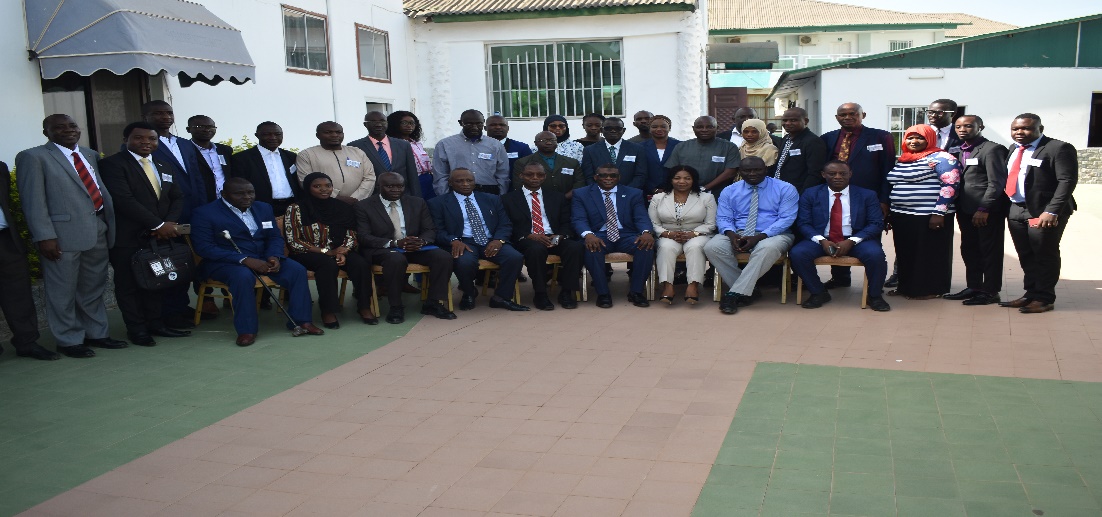By Adama Makasuba
Bankers and State officials of five English-speaking West African nations courtesy of West African Institute and Economic Management on Monday launched a five-day training course on public financial management in Banjul.
The five-day training is expected to cover key topics like Review of Basic Macroeconomics, Basic Macroeconomics, Models and Indicators, Fiscal and Monetary Policy Coordination, Review of Programme and Performance management (PFM); planning, budgeting and Expenditure Control in the public sector; The Case of Nigeria; International Standards: PEFA, Codes of fiscal Transparency; The Medium Term Expenditure Framework (MTEF); Gender Equality and Public Finance Management.
The ongoing workshop is also expected to cover issues and challenges of Public Debt Dynamics and Financial Management Regulations; and Debt Management in Developing Countries: the case of Ghana.
Speaking at the opening of the weeklong workshop, Baba Y Musa, Director General of WAIFEM said “To ensure high quality in the delivery of our training programs, we have built up collaborative arrangements with a list of institutions some of which are the International Monetary Fund (IMF), world bank (WB), African Development Bank (AfDB), Commonwealth Secretariat, Development Finance International (DFI), the World Trade Organization (WTO) , Debt Relief International, and the United Nation Institute for Training and Research (UNITAR), African Capacity Building Foundation (ACBF) and the United Nation Economic Commission for Africa (UNECA).”
He noted that Public Finance Management enables public funds to be managed and spent efficiency with integrity and it helps give donors and investor community necessary confidence against their own fiduciary risks.
This, according to him, is a lever to broader country development, to raising revenue efficiency, planning and executing budget decisions reliably and transparently.
Representing the Governor of Gambia Central Bank, Ensa Drammeh, second Deputy Governor said as they all known the current account balance tends to drive the exchange rate, with current account surpluses leading to an appreciation of the domestic currency, while current account deficits lead to its depreciation. Given the pass-through effect of exchange rate movements on domestic inflation, he continued that, economic growth and development, living standards and the rate of poverty in an economic, fiscal balance are without doubt very important in the promotion and maintenance of macroeconomic stability and economic wellbeing.
He went further that efficient PFM systems in our respective countries are essential for effective and sustainable economic management and public service delivery. He added that good PFM systems are also indispensable in ensuring the effective use of aid to achieve other development goals.
The Deputy Governor therefore went further saying that modern budgeting and planning are enormous in the ministries, Departments and Agencies (MDAs), and this is mainly due to the scarcity of information available for effective budgeting, poor and weak public- sector policy making institutions, poor budget implementation.




